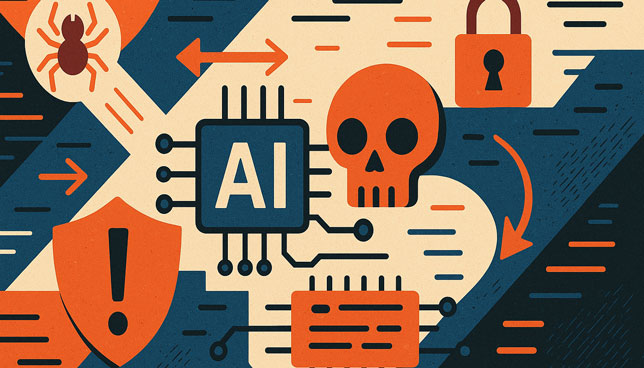
A new report from Backslash Security has identified significant security vulnerabilities in the Model Context Protocol (MCP), technology introduced by Anthropic in November 2024 to facilitate communication between AI agents and external tools.
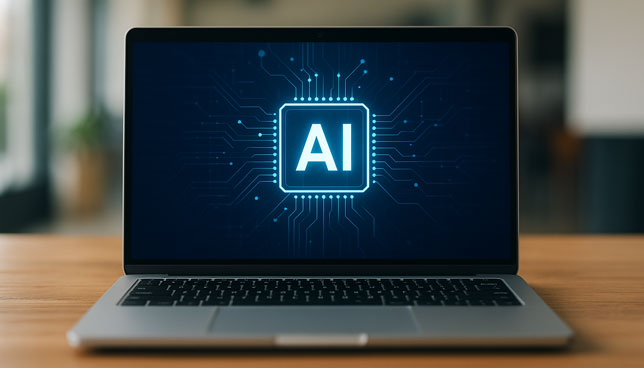
Google DeepMind has officially launched Gemma 3n, the latest version of its lightweight generative AI model designed specifically for mobile and edge devices — a move that reinforces the company's focus on on-device computing.
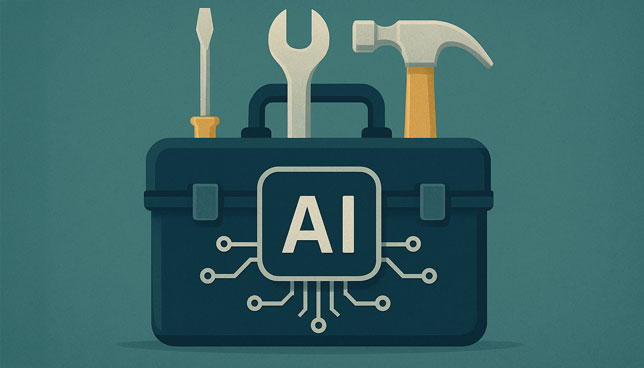
Microsoft has introduced a variety of AI tools aimed at helping educators develop personalized learning experiences for their students, create content more efficiently, and increase student engagement.
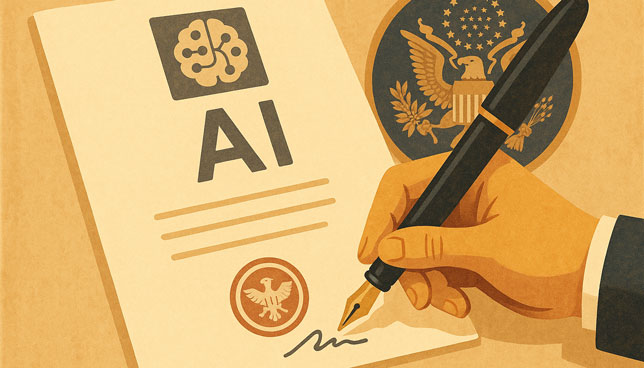
The White House has introduced the "Pledge to America’s Youth: Investing in AI Education," asking companies and organizations to commit to fostering early interest in AI technology, promoting AI literacy and proficiency among America's youth, and enabling comprehensive AI training for educators.
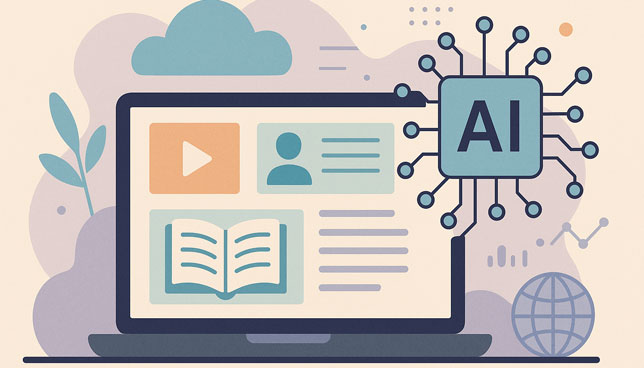
AI company Kira has announced a new AI-powered lesson generation tool that it says delivers complete, standards-aligned lessons that are personalized to each student.
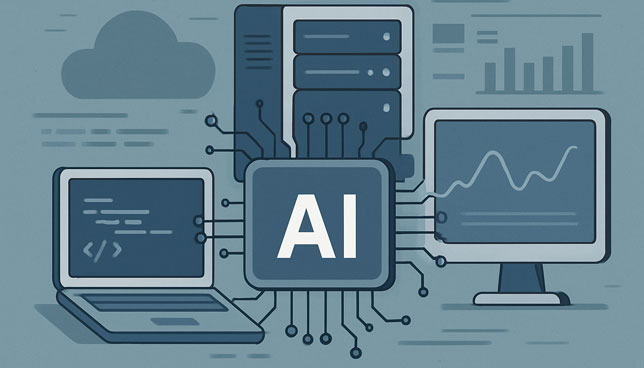
Hewlett Packard Enterprise and Nvidia have announced an expanded partnership to accelerate enterprise artificial intelligence adoption through new modular infrastructure and turnkey AI platform offerings.
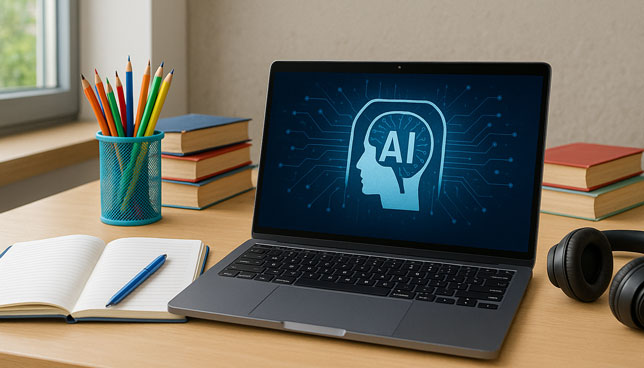
Ninety-three percent of students across the United States have used AI at least once or twice for school-related purposes, according to the latest AI in Education report from Microsoft.
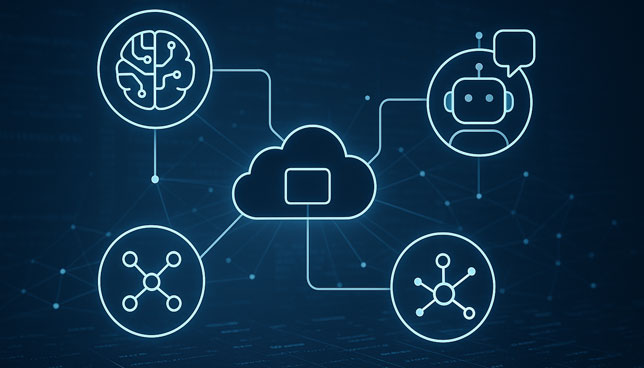
The Linux Foundation has announced it will host the Agent2Agent (A2A) protocol project, an open standard originally developed by Google to support secure communication and interoperability among AI agents.
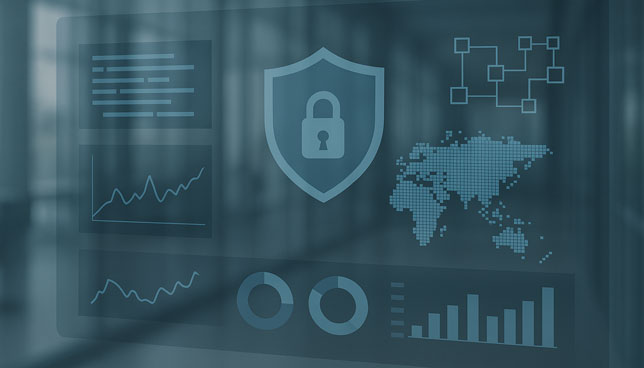
IBM has introduced a new software stack for enterprise IT teams tasked with managing the complex governance and security challenges posed by autonomous AI systems.
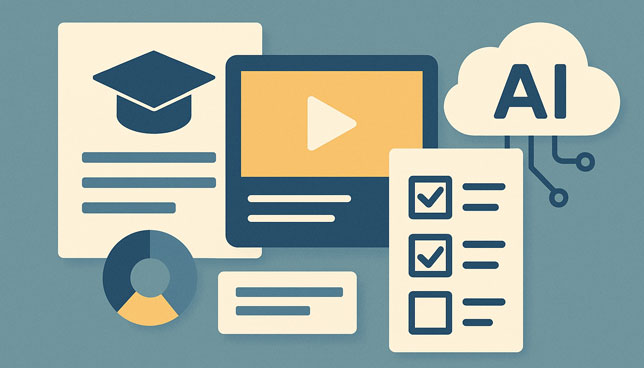
Learning platform Quizizz has become Wayground, in a rebranding meant to reflect "the platform's evolution from a quiz tool into a more versatile supplemental learning platform that's supported by AI," according to a news announcement.